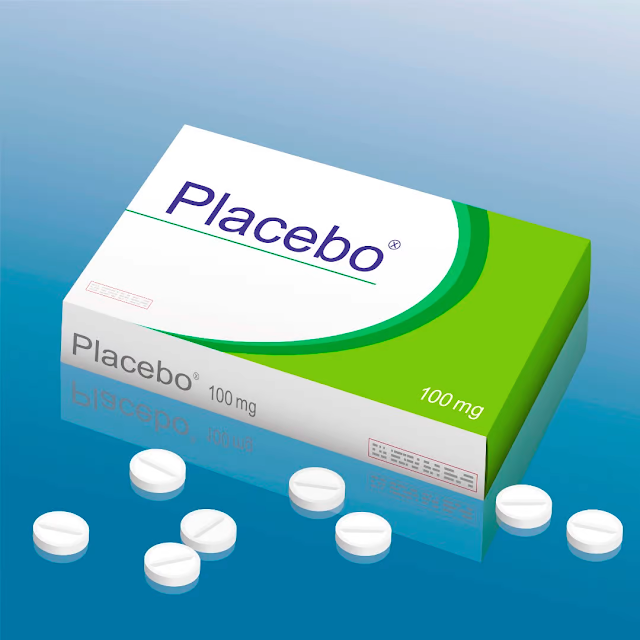Marijuana
Are you stressing out? Confused? Feel like finding an easy way to escape from reality? Having a hard time focusing and concentrating?
Have you heard from others who say smoking Marijuana helps reduce stress? Is that true? You can find more about whether it’s true or not briefly here!
There are lots of chemicals in Marijuana. Marijuana is also called Tetrahydrocannabinol (THC), or sometimes we hear people say “weed” or “cannabidiol”. This medication is used to treat seizures (APA, 2023).
Dopamine
THC binds to the receptors that are responsible for controlling your emotions and increases dopamine production (California Department of Public Health, https://www.mindovermarijuana.com/).
Dopamine plays an important role in controlling your movement, motivation, cognition, mood, learning ability, sleep, and more. Marijuana affects areas of your brain responsible for memorization, attention, and concentration. According to the Substance Abuse and Mental Health Services Administration (2021), when THC attaches to cannabinoid receptors inside your brain, it can impact functions such as sleep, appetite, memory, cognitive process, critical thinking, and reproduction, and sometimes alters senses and changes your mood. Furthermore, some people can experience hallucinations (https://store.samhsa.gov/sites/default/files/pep21-06-01-001.pdf).
Rather than relieving your anxiety or your pain, marijuana overwhelms your brain receptors and affects your endocannabinoid system which is responsible for releasing dopamine to feel pleasure and/or motivation. You can find more information on the short-term and long-term effects via this website: Preventing Marijuana Use Among Youth (samhsa.gov)
In addition, according to the Centers for Disease Control and Prevention, marijuana can increase the risk for mental health issues such as depression and anxiety (CDC, 2023, https://www.cdc.gov/dotw/marijuana-use/index.html).
CDC studies show that 3 in 10 people who use marijuana develop marijuana use disorder, which impacts their health and increases social anxiety in their lives (https://www.cdc.gov/marijuana/featured-topics/marijuana-youth.html). It does not matter whether you smoke or vape it, the chemicals enter your bloodstream and affect your brain. It can also increase the risk of stroke and heart disease.
Coping strategies to relieve stress:
- Going for a walk
- Talking to a friend, family
member, counselor, or other trusted person
- Journaling
- Drawing
- Listening to music
- Meditation
- Exercising
And so much more!
Come talk to a mental health professional at Health Services to find more options to manage stress and anxiety.
MiraCosta College Health Services
Off-campus resources:
BeWellLine
- Need to talk? Both voice and chat options available.
- 866-349-6821
- www.BeWellLine.com
California Youth Crisis Line
- When you need to talk, but don’t want to talk on the phone. Text anytime you’re struggling to get free support from a live, trained crisis counselor.
- Available 24/7. Text 800.843.5200 or chat online.
- CALYOUTH.ORG
Teen Support Line
- No one understands a teen better than another teen. When you need to talk, feel safe and confide in a highly trained teen who will keep your conversation confidential.
- Text “Teen” to 839863 from 6 p.m. to 9 p.m.
- Call 800.852.8336 from 6 p.m. to 10 p.m.
- TEENLINE.ORG
Additional Resources
- Check this out from the U.S. Surgeon General addressing marijuana-related questions: https://www.youtube.com/watch?v=OYZvUDbzUk8
- If you or someone you know is showing signs of using too much marijuana, please call the poison control line at 800-222-1222 or call 911 for an emergency.
- Lastly, always talk with your doctor about any medications and their side effects.
References
- APA (2023). National Center for Biotechnology Information. Cannabidiol. PubChem. Retrieved May 22, 2023 from https://pubchem.ncbi.nlm.nih.gov/compound/Cannabidiol
- CDC (2023). Marijuana and Youth: The Impact of Marijuana Use on Teen Health and Wellbeing | Featured Topics | Marijuana and Public Health. (n.d.). Retrieved May 22, 2023 from https://www.cdc.gov/marijuana/featured-topics/marijuana-youth.html
- CDC (2023). Marijuana Use Disorder/Cannabis Use Disorder | Disease or Condition of the Week. Retrieved from May 22, 2023 https://www.cdc.gov/dotw/marijuana-use/index.html
- Mind Over Marijuana (n.d.). The Spot for Facts About Teen Weed Use | Mind Over Marijuana. https://www.mindovermarijuana.com/
- Substance Abused and Mental Health Services Administration (SAMHSA). (2021). Evidence-Based Resource Guide Series Preventing Marijuana Use Among Youth Preventing Marijuana Use Among Youth. https://store.samhsa.gov/sites/default/files/pep21-06-01-001.pdf
- Volkow N.D., Han B., Compton W.M., McCance-Katz E.F. (2019). Self-reported Medical and Non-medical Cannabis Use Among Pregnant Women in the United States. JAMA. doi:10.1001/jama.2019.7982




Weight Loss Myths
ReplyDeleteWas cured from herpes virus. thanks to……robinsonbuckler11 @{{gmail}} .com,,.......................................
ReplyDelete